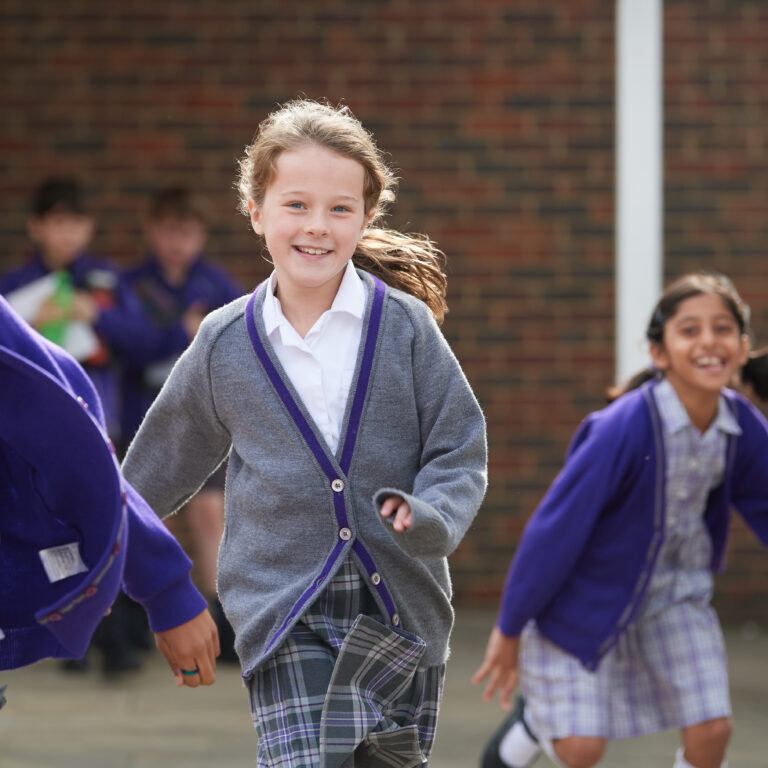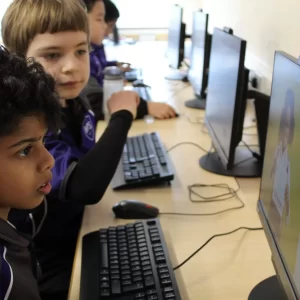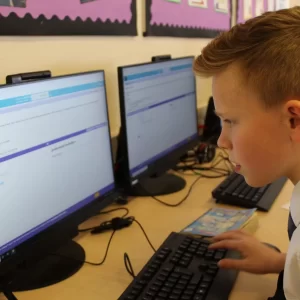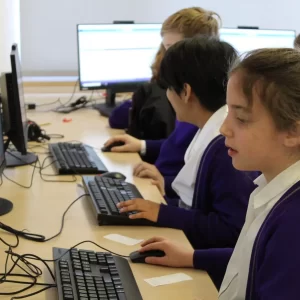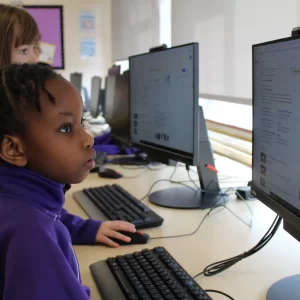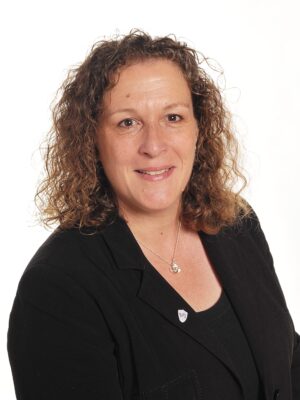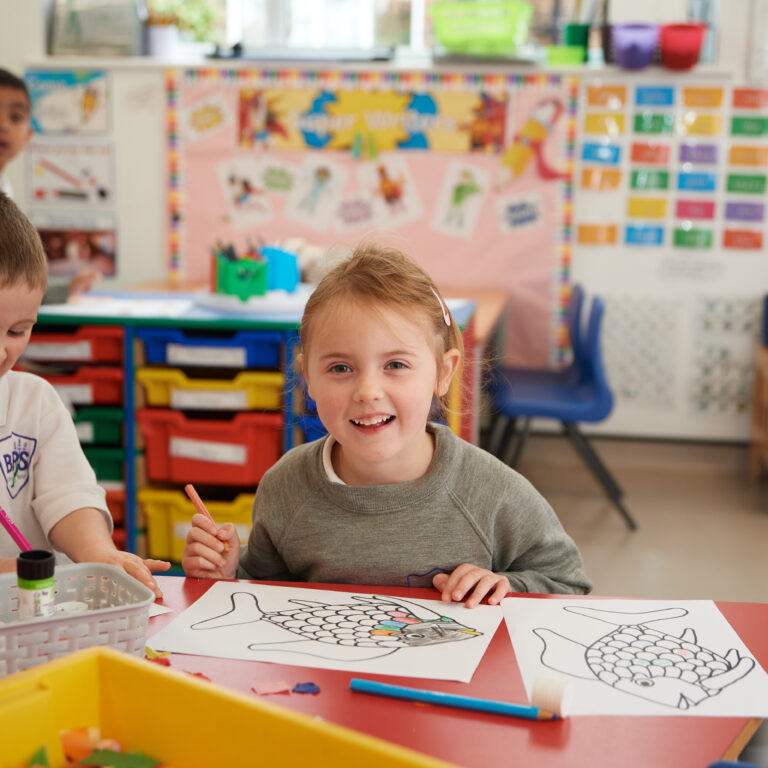At Banstead Prep, the safeguarding of our children is the highest priority. Creating a safe and welcoming environment, where everyone is respected and valued, is at the heart of safeguarding.
Safeguarding is the process of protecting children to provide safe and effective care. This includes all procedures designed to prevent harm to a child. Safeguarding issues can arise at any time, from any type of family background. You may think you have the most sensible child/children in the world and you have given them the most sound advice but sometimes things arise, problems appear and we need (or you notice someone that needs) a helping hand. Safeguarding children and young people is everyone’s responsibility. We at Banstead Prep can offer some guidance here and of course, you can always contact us and talk to us if you have any safeguarding concerns. We are here to listen and to help and work together for the best of each child.

